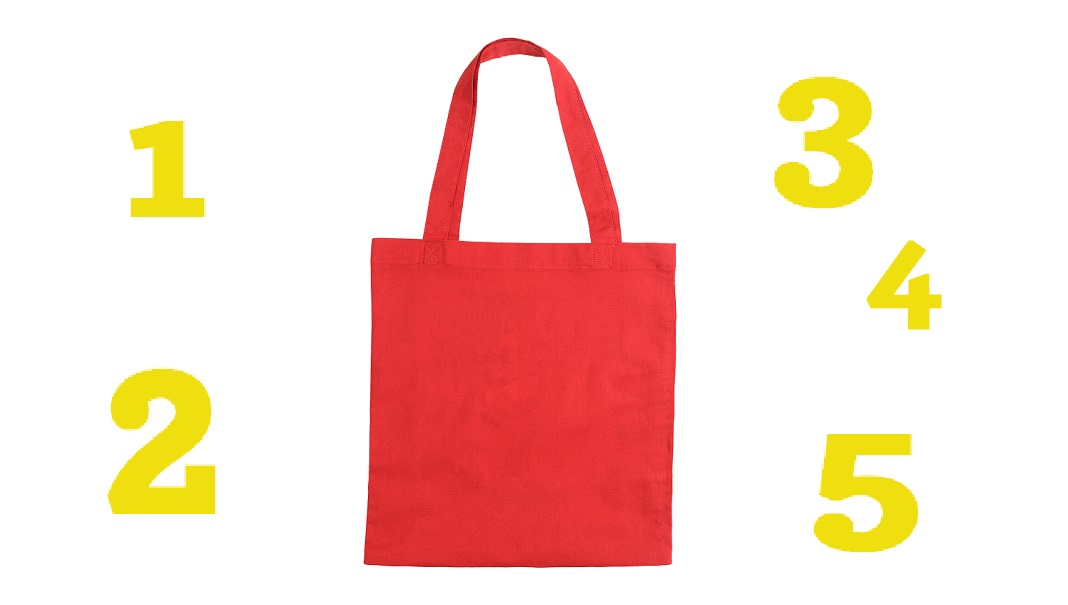Top 5 Ways Jews Try to Lose Weight

Gaining weight and talking about losing weight
I
promised myself I would start after Pesach. But after a Shavuos filled with cheesecake, baked ziti, and blintzes, I’m back at square one. It’s time for me to lose weight. Summer is about to begin, but my body feels like it’s in the middle of winter zeman. No need to panic, though. Jews are great at two things: gaining weight and talking about losing weight. So, if you’re looking for an announcement to your friends and family as a verbal commitment to lose weight, you can use these Top 5 Ways Jews Try to Lose Weight. If these don’t work before the summer, you can always try announcing again before Rosh Hashanah.
NO CHALLAH
“You know what,” Tatty solemnly says to those seated around the Shabbos table as if he’s about to announce that he’s going to be joining a paratrooper’s mission, “I’m not going to have so much challah.” After taking a nibble after hamotzi, Tatty now looks triumphantly at those around the table as they slather their individual rolls — sometimes two — with dips. And now, if he manages to get through the entire meal without succumbing to that fluffy carb temptress, Tatty can leave the table a prizefighter leaving the ring after a win. Nothing gives Jews the feeling like they’ve begun a serious 5 a.m. workout routine like skipping challah for one meal — it’s the “Eight-Minute Abs” of the Jewish community. One meal without challah and we’re already gently feeling our bellies trying to guestimate if we’ve just lost ten or fifteen pounds. And if you can keep this up for a second meal in a row there is only one sensible way to reward yourself — delicious fluffy challah.
DIET COKE ON SHABBOS
Growing up, many families I knew had something called “Shabbos Soda.” Shabbos Soda, of course, was the same as regular soda, but in these homes, soda was a controlled substance only to be imbibed as a special treat on Shabbos. I personally didn’t grow up in such a home. (True story: In eighth grade I used to bring a two-liter bottle of Coke to school for lunch — I had minor behavioral issues.) I always found the homes that saved soda exclusively for Shabbos had awful beverage options during the week, like tap water or orange juice with pulp. But our communal relationship with soda is more than just a Shabbos snack, it’s also the way we demonstrate our commitment to healthy eating. Just finished a bowl filled with kugel, cholent, and kishke? Wash it down with a Diet Coke. And if someone offers you a regular Coke, be sure to scowl, “You trying to fatten me up here?!” — as your Shabbos shirt buttons hang on for dear life following the 10K Kishke marathon you just finished. Communally it seems we’ve convinced ourselves that the chemicals in Diet Coke counteract the Crock-Pot full of cholent we just ingested. And that’s fine with me. I drink so much Coke throughout the week that I think the chemicals have allowed me to embrace my Diet Coke delusion.
WALKING TO SHUL
Sunday morning on the way to shul. About to leave the house. Grab the keys off the counter. Then, a pause. The grip on the keys loosen. Eyes slowly look into the distance. The moment has come. The vision is clear. You don sweatbands for your head and wrists in slow motion and generously apply black grease under your eyes as you announce to the world: “I’m going to walk to shul!” Never mind that when you drive, the closest your can park is about 50 feet from your front door, the decision to walk to shul should be shared with the same gravitas and muscular superiority as running a full 26K marathon. In fact, since I’ve never had the courage or stamina to participate in actual marathons, I started a GoFundMe campaign where you can sponsor my walks. All proceeds go to kishke.
BREAD HACKING
So, you’re not strong enough to kick carbs entirely. Too fluffy. Too delicious. I get it. But that doesn’t mean that you can’t come up with some very specific types of carbs you don’t eat or invent strategies that make you feel like you don’t eat carbs — even if it looks like you live in a bakery. “Oh, yeah, so I just don’t eat complex carbs with additives — those are the bad carbs,” she explains and she shoves down a whole wheat challah large enough to be from the chasunah of a chassidic rebbe. The other strategy, which — and I have no way to prove this — feels like it was invented in the Jewish community, is the fascinating phenomenon known as bagel scooping. Listen closely at the bagel store. Someone orders an omelet on an everything bagel with two types of cheese, but just as the worker goes to the back to fill the order, the lady screams out, jumping halfway over the counter, “remember to scoop the bagel!” This bagel mutilation is the product of a simple dilemma — she doesn’t want to feel judged by the skinny ladies in line behind her, but she still needs her bagel fix. As a lover of bagels, it pains me to see them treated this way. Taking such a sacred and delicious object like a bagel and scooping out its insides is an act of carb treason. Someone once gave me a scooped-out bagel — I put it straight into sheimos.
KOSHER MEAL PLANS
So, how’s The Journey going? If you overhear such a question, no, they’re not asking about a trip to the mountains or their long-term trajectory in avodas Hashem — they’re discussing their kosher meal plans. Kosher meal plans always seem to fall into two categories: (1) Inspirational — The Journey/The Plan/The Zone. It feels like half diet plan, half cult; and (2) Medical — this plan is always affiliated with medical professionals who have credentials and letters behind their names you have never seen in any other context. Usually it’s because the meal plan is so outrageous that customers need the security of some professional medical endorsements. Join the Dr. Zaphtigk, CDC, RNDA, JFNA, UJA diet plan: Just three delicious meals of mostly water and sugar cubes (originally designed for a horse) — this plan will have you in shape in no time. Just please do me a favor — when your meal plan shows up with an IV tube, please make sure you ask your regular doctor (the MD kind). But no matter the name, all kosher meal plans have one thing in common: They cost a fortune. So if the plan doesn’t work out, the anxiety over this new financial pressure might just do the trick.
(Originally featured in Mishpacha, Issue 765)
Oops! We could not locate your form.







